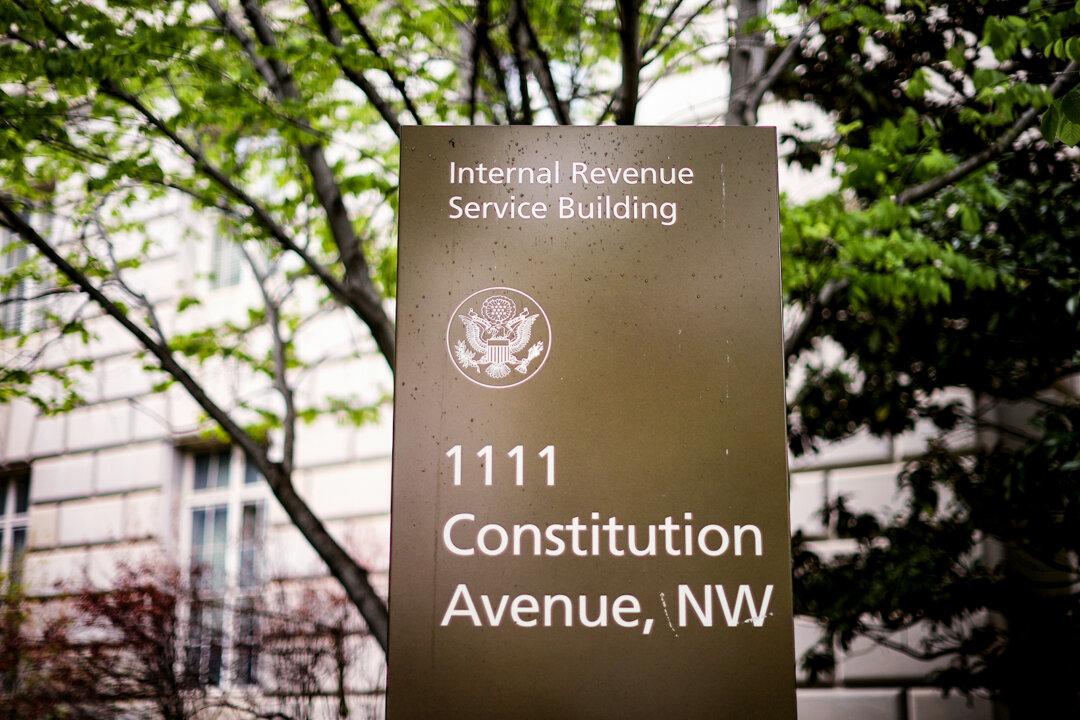The Internal Revenue Service (IRS) has announced the launch of its “paperless processing initiative” that will allow taxpayers to submit non-tax documents and correspondence digitally beginning next year, while speeding up processing times for tax refunds.
“As the next phase of its modernization, the IRS is accelerating paperless processing efforts,” said an Aug. 2 press release from the U.S. Department of the Treasury. “The IRS is launching an ambitious plan to ensure that by Filing Season 2024, taxpayers will be able to go paperless if they choose to do so, and by Filing Season 2025, the IRS will achieve paperless processing, digitizing all paper-filed returns when received. In effect, this means all paper will be converted into digital form as soon as it arrives at the IRS.”





